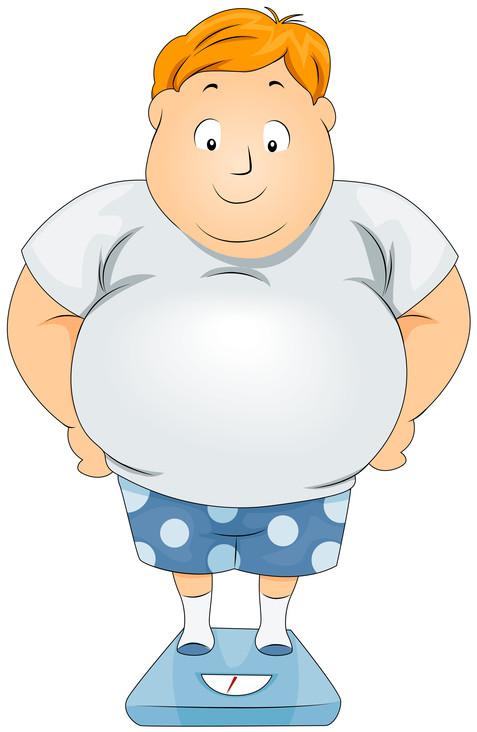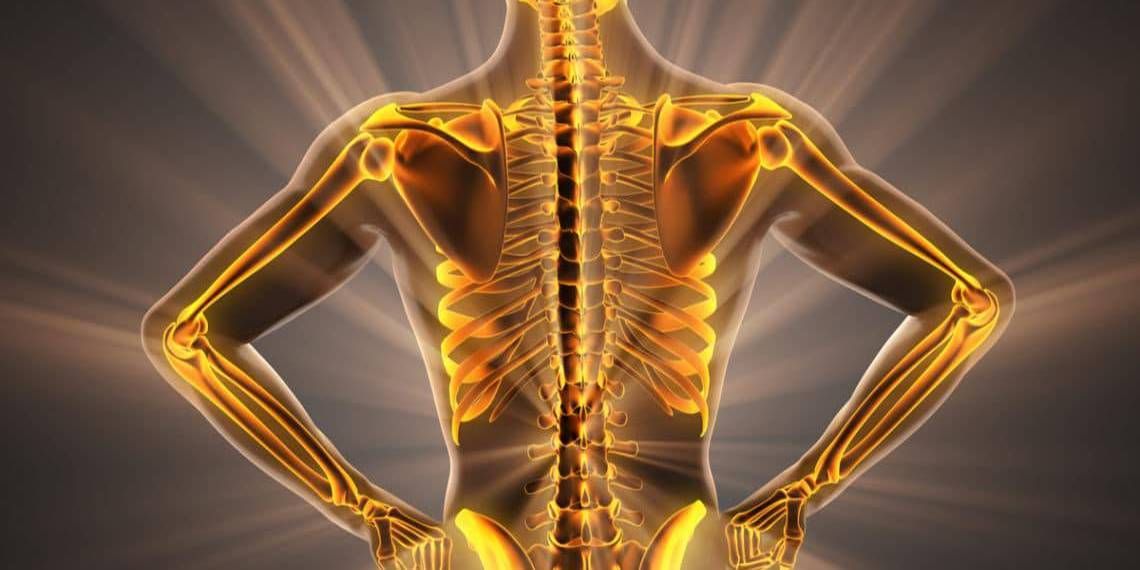Insomnia is a condition characterized by poor quality and/or quantity of sleep, despite adequate opportunity to sleep, which leads to daytime functional impairment.
Many diseases, syndromes, and psychiatric conditions may be responsible for causing insomnia.
Some common signs and symptoms of include:
- Waking up unrefreshed from lack of sleep
- Daytime sleepiness and fatigue
- Mood changes
- Poor concentration and attention
- Anxiety
- Headaches
- Lack of energy
- Increased errors and mistakes
Sometimes insomnia may be unrelated to any underlying condition.
There are several useful non-medical behavioral techniques available for treating the problem.
Medications are widely used to treat insomnia in conjunction with non-medical strategies.
Sleep specialists are doctors who can play an important role in evaluating and treating long-standing (chronic) insomnia.
What is insomnia?
Insomnia is defined as difficulty initiating or maintaining sleep, or both, despite adequate opportunity and time to sleep, leading to impaired daytime functioning. Insomnia may be a cause of or result of poor quality and/or quantity of sleep.
Insomnia is very common. Ninety percent of the general population has experienced acute insomnia at least once. Approximately 10% of the population may suffer from chronic (long-standing) insomnia.
The problem affects people of all ages including children, although it is more common in adults and its frequency increases with age. In general, women are affected more frequently than men.
3 Types of insomnia based on the duration of symptoms and signs.
Insomnia may be divided into three types based on the duration of symptoms:
- Transient insomnia: lasts one week or less and maybe termed transient insomnia
- Short-term insomnia: lasts more than one week but resolves in less than three weeks
- Long-term or chronic insomnia lasts more than three weeks.
Insomnia can also be classified based on the underlying reasons for insomnia, for example:
- Sleep hygiene
- Existing health problems or other diseases
- Sleep disorders
- Stress factors
It's important to make a distinction between insomnia and other similar terminology; short duration sleep and sleep deprivation.
Short duration sleep may be normal in some patients who may require less time for sleep without feeling daytime impairment, the central symptom in the definition of insomnia.
Sleep deprivation: In insomnia, adequate time and opportunity for sleep are available, whereas, in sleep deprivation, lack of sleep is due to lack of opportunity or time to sleep because of voluntary or intentional avoidance of sleep.
Signs and symptoms of insomnia.
Impairment of daytime functioning is the defining and the most common symptom of insomnia.
Other common insomnia symptoms include:
- Daytime fatigue
- Daytime sleepiness
- Mood changes
- Poor attention and concentration
- Lack of energy
- Anxiety
- Poor social function
- Headaches
- Increased errors and mistakes
Who gets insomnia?
There are no specific risk factors for insomnia because of the variety of underlying causes that may lead to insomnia. The medical and psychiatric conditions listed earlier may be considered risk factors for insomnia if untreated or difficult to treat. Some of the emotional and environmental situations that were also mentioned above may act as risk factor for insomnia.
Insomnia Symptoms
Insomnia is the perception of inadequate or poor-quality sleep. It can be due to problems falling asleep, early wakening, waking frequently during the night, unrefreshing sleep, or a combination of these. Contrary to some popular beliefs, insomnia is not defined by the total amount of sleep one gets or how long it takes a person to fall asleep. Individuals can vary in their need for sleep, and in the time required to fall asleep. What is a refreshing night's sleep for one person might be insomnia for another person.
What causes insomnia?
Insomnia may have many causes and as described earlier; it can be classified based upon the underlying cause. The International Classification of Sleep Disorders, has classified insomnia into multiple categories:
- Adjustment insomnia (acute insomnia): short-term or acute insomnia usually do to stress or environmental changes
- Psychophysiologic insomnia (primary insomnia): prolonged stress with chronic insomnia
- Paradoxical insomnia: little or no sleep at nights with rare normal night sleep because of a pattern of consciousness throughout the night,
- or where near constant awareness of environmental stimuli occurs
- Insomnia due to medical condition: insomnia associated with disorders such as advanced chronic obstructive pulmonary disease (COPD), arthritis, cancer, renal disease, fibromyalgia, neurologic problems, Parkinson's disease, and chronic fatigue syndrome
- Insomnia due to mental disorder: depression, schizophrenia, and maniac phase of bipolar illness, for example
- Insomnia due to drug or substance abuse: for example, alcohol abuse, stimulant abuse, caffeine abuse
- Insomnia not due to substances or known physiologic conditions, unspecified: temporary diagnostic term used for suspected but unproven underlying mental, physiological or environmental problems
- Inadequate sleep hygiene: proper sleep scheduling, routine use of alcohol, nicotine, caffeine, frequent daytime napping, using the bed for watching TV, snacking, or reading and/or studying for tests or work related subjects
- Idiopathic insomnia: long-term insomnia begun in infancy or childhood with no readily identifiable underlying cause
- Behavioral insomnia of childhood: insomnia in children based on adult caregiver observations
- Primary sleep disorders causing insomnia: insomnia due to restless leg syndrome, obstructive sleep apnea/hypopnea (shallow breathing) syndrome, nocturia (need to urinate at night) or circadian rhythm disorders for example
Insomnia caused by stress and lifestyle factors
9 Common situational and stress factors leading to acute or adjustment insomnia may include:
- Jet lag
- Physical discomfort (hot, cold, lighting, noise, unfamiliar surroundings)
- Working different shifts
- Stressful life situations (divorce or separation, death of a loved one, losing a job, preparing for an examination)
- Illicit drug use
- Cigarette smoking
- Caffeine intake prior to going to bed
- Alcohol intoxication or withdrawal
- Certain medications
Most of these factors may be short-term, transient, and controllable or modifiable by actions a patient decides to take, and therefore insomnia may resolve in many patients when the underlying factor is removed or corrected.
Source: www.medicinenet.com
Santegra® products Sleemil™ and Passion Flower may help to improve sleep.








